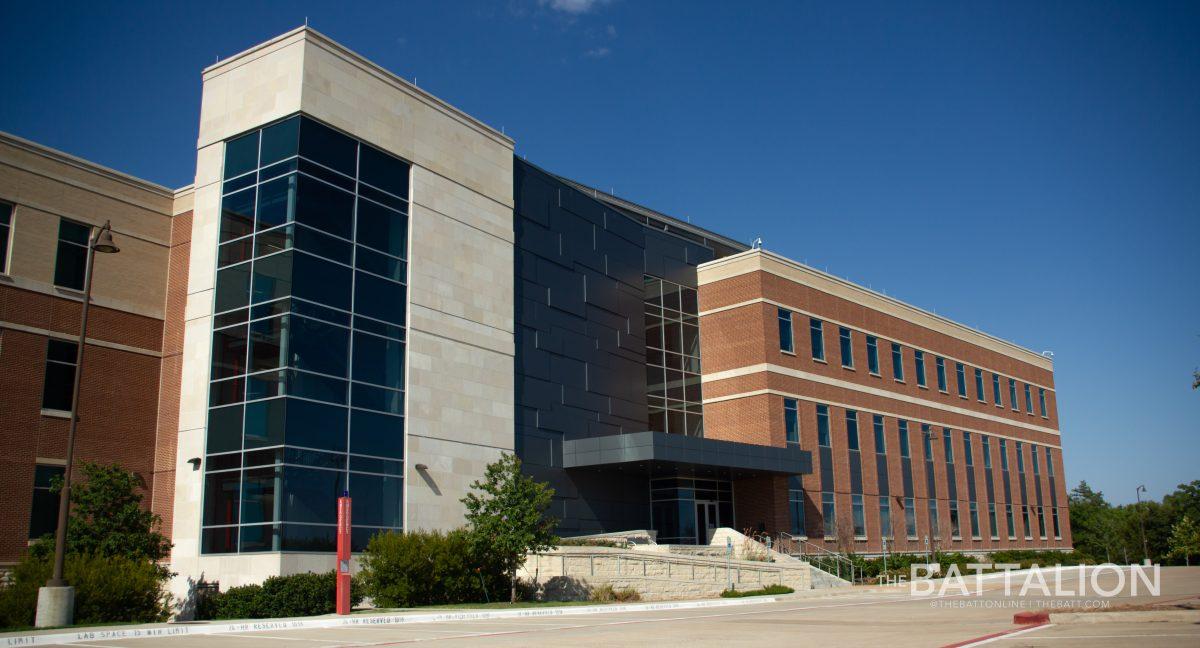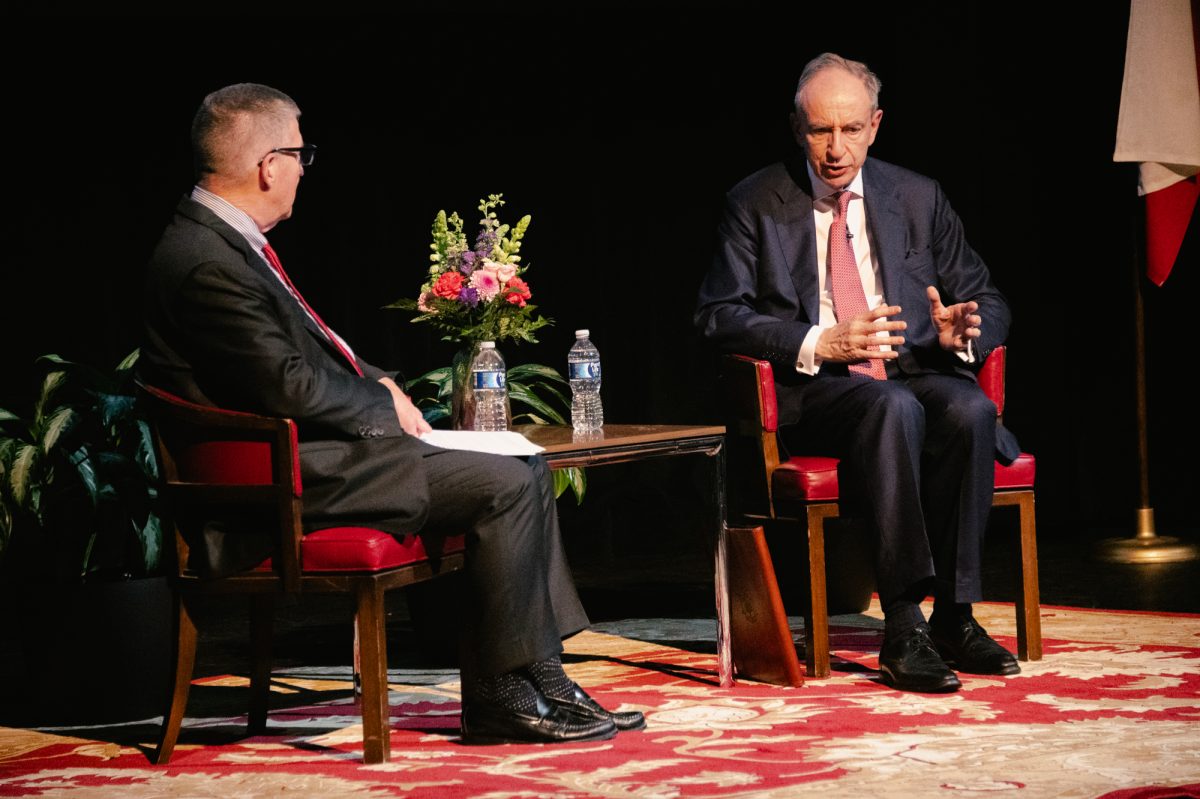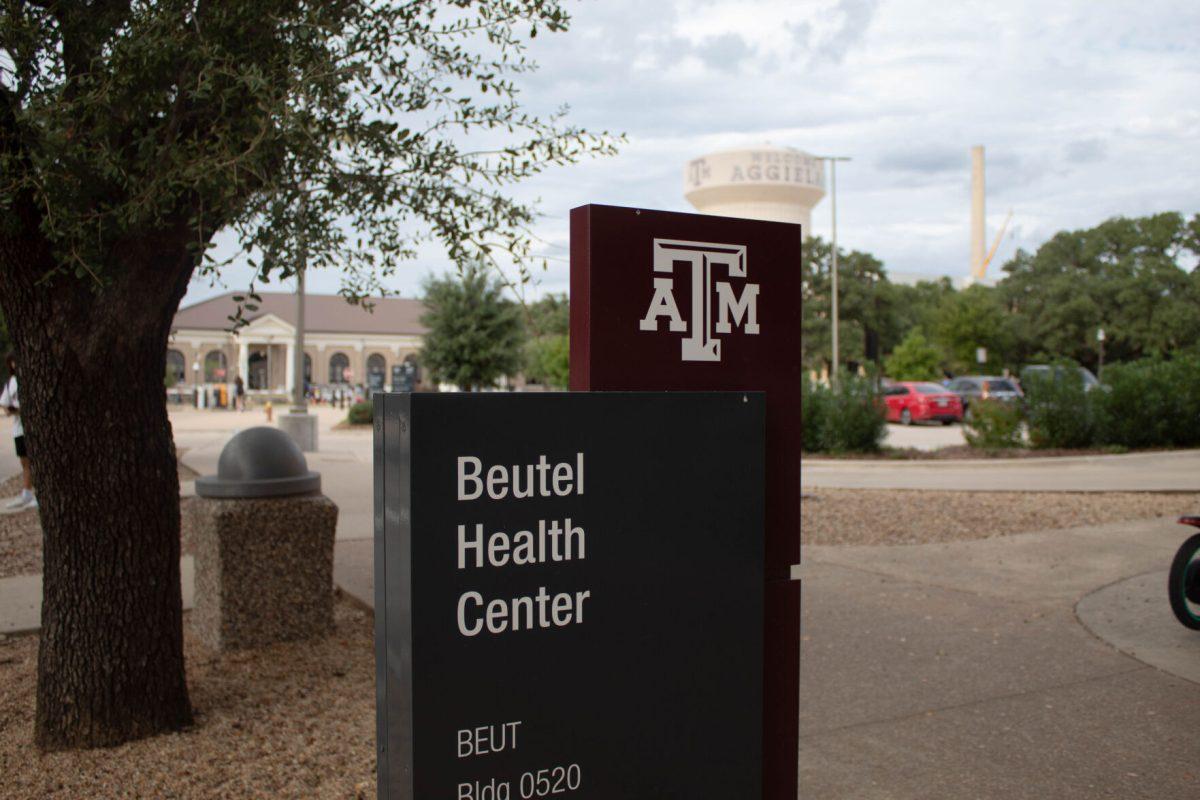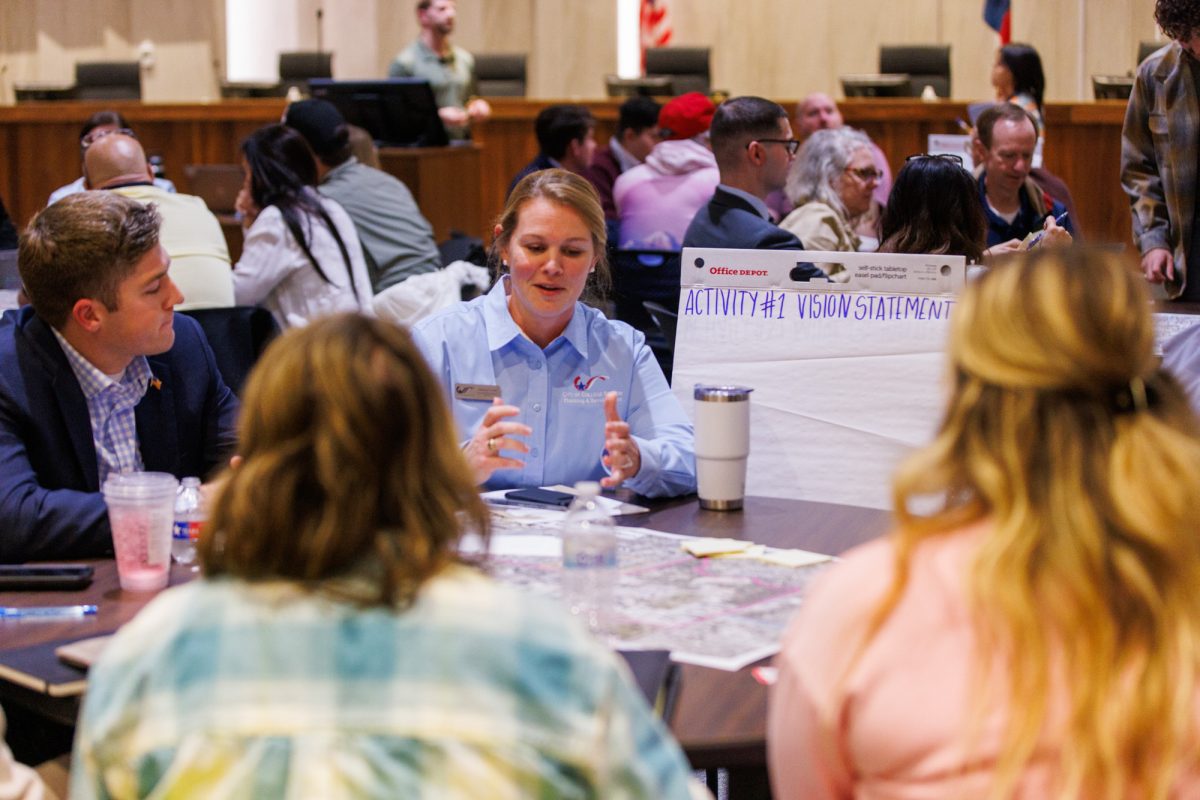Texas A&M primary care physicians are receiving more training in mental and behavioral health to better support all patients.
A&M Medical School was awarded a $2.4 million grant from the Health Resources and Services Administration, or HRSA. This funding will enable physicians to treat a wider variety of patients, especially those in rural areas.
Licensed psychologist Meredith Williamson, Ph.D., began training residents in 2017 and has begun collaboration with clinical assistant professor and family medicine physician Dr. Susan Roberman in 2018. They expanded the training program and said they are hoping to provide enough resources so residents are prepared to serve patients in all areas, particularly rural areas.
“Dr. Roberman and I started partnering to provide a specific integrated behavioral health training for the residents where they’re trained by a family medicine physician and a psychologist,” Williamson said. “We expanded to include graduate students in psychology and social workers. We have psychiatry residents that train with us for the purpose of most of our family medicine residents going to underserved or rural areas where they’re not gonna have access to behavioral healthcare.”
Training for residents begins at arrival and includes the collaboration of medical professionals in different fields with the goal of providing mental and behavioral health treatment, Williamson said.
“The residents start their training when they arrive in terms of learning different appropriate clinic procedures like how to take care of someone if they are wanting to commit suicide or hurting themselves,” Williamson said. “Then, in their second year, they have a month-long rotation where they really focus on behavioral health training. They get to cross train with a bunch of different specialties all working together in a clinic to try to help diagnose and treat mental health conditions. They get to partner with them in treating them within their normal clinic visits.”
The program has already been in place for medical professionals, but is intended to allow for more thorough education in mental and behavioral health training, specifically in children and adolescents, Williamson said.
“Before this, A&M did a lot of training in behavioral health but what this grant is doing is expanding their training focused specifically on children and adolescents,” Williamson said. “Really focusing on how they can intervene with certain conditions that are common in those populations.”
Primary care physicians in most cases are the first and only to encounter patients who are struggling mentally, but people don’t talk about it, Williamson said.
“Mental health treatment actually happens in primary care,” Williamson said. “People aren’t talking about that very much because we think about going to see your doctor for things like colds or high blood pressure. So it’s really important that primary care physicians have training in both the identification of mental health concerns and how to prevent mental health concerns and to treat them as well.”
Many patients don’t want to visit a mental health professional and only see primary care doctors. Therefore, training physicians in mental health is very important, Williamson said.
“There’s a lot of stigma around mental health, and so people don’t necessarily wanna go to other places to get their mental health care, especially kiddos,” Williamson said. “The parent drags them in or they really do wanna talk about it and the parent wants to pretend that it’s not an issue. And so oftentimes, the primary care doctor’s the only one that gets to see them. Training physicians really allows better care for our populations to both prevent and treat mental health conditions.”
Program Director of A&M Family Medicine and family medicine physician Dr. Rae A. Adams said this initiative is important because of the negligence of mental health care in rural areas.
“We’re training the next generation of families and physicians, and we have a particular emphasis on rural practice,” Adams said. “And mental health and behavioral health is a crucial part of primary care. With the lack of specialists and ancillary staff in rural areas, it’s crucial for us to provide high quality training for our residents before they venture into private practice.”
A&M’s training allows for collaboration, which ultimately sets it apart from other medical schools, counseling psychology doctorate student Carlos Aleman said.
“What sets this program apart from other medical schools is the exceptional collaboration between medical residents and doctoral psychology trainees,” Aleman said. “Doctoral psychology trainees become heavily informed on medications, physiological problems and the practical routine that a medical doctor has to work under. Similarly, medical residents become trained on a variety of mental health presentations, evidence-based treatments and how to approach looking out for mental health symptoms during their medical visits.”
Expansion in training during all years of residency and partnerships is in store for future training at A&M Medical School, Williamson said.
“Residents do most of their training during their second year, and we’re expanding it to their first and third years,” Williamson said. “We’re also in partnership with Brazos Valley Texas [Department of Mental Health and Mental Retardation, or] MHMR, a local mental health authority taking care of the uninsured. We’re also partnering with a statewide program called the TK Program that provides counseling and psychiatric care in schools. We’re trying to expand that so our residents really understand what’s going on in their community in terms of mental health care and helping children and adolescents, and increase their ability to treat that in their clinic as well.”
Aleman said he has hopes for growth in trainees, more mindfulness from patients in initiating services and variety in staff and specialties.
“In the future, I hope to see the number of medical resident and doctoral student trainees grow so that more patients can be served in the community,” Aleman said. “Moreover, I hope to see more patients become inclined to initiating services at the Family Care Clinic as the impact of our care spreads by word of mouth. Lastly, I hope to see the team add even more variety with regards to interdisciplinary care by continuing to add more staff with a wide variety of specialties.”










